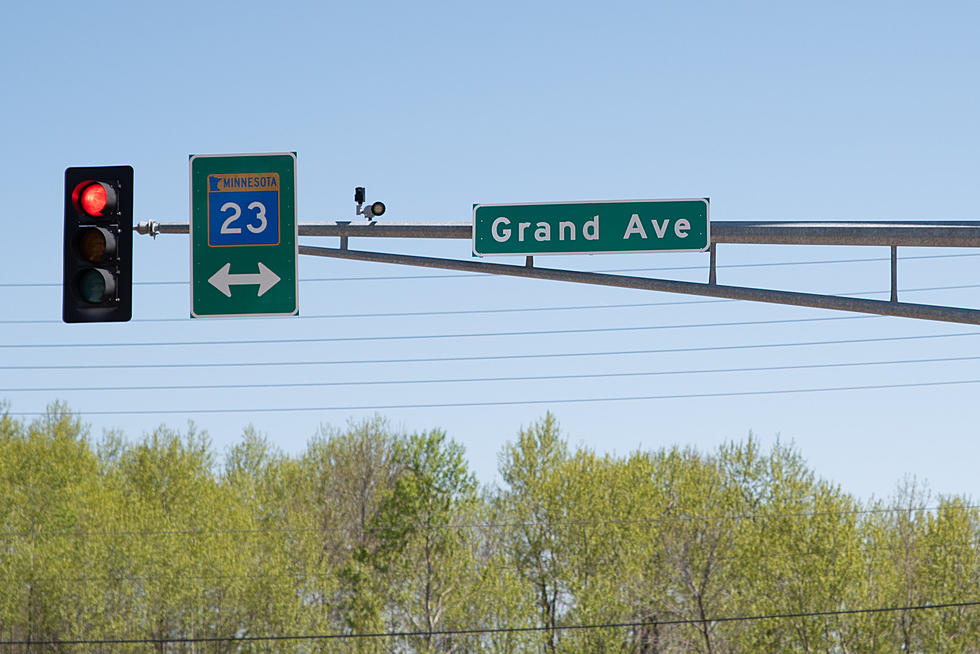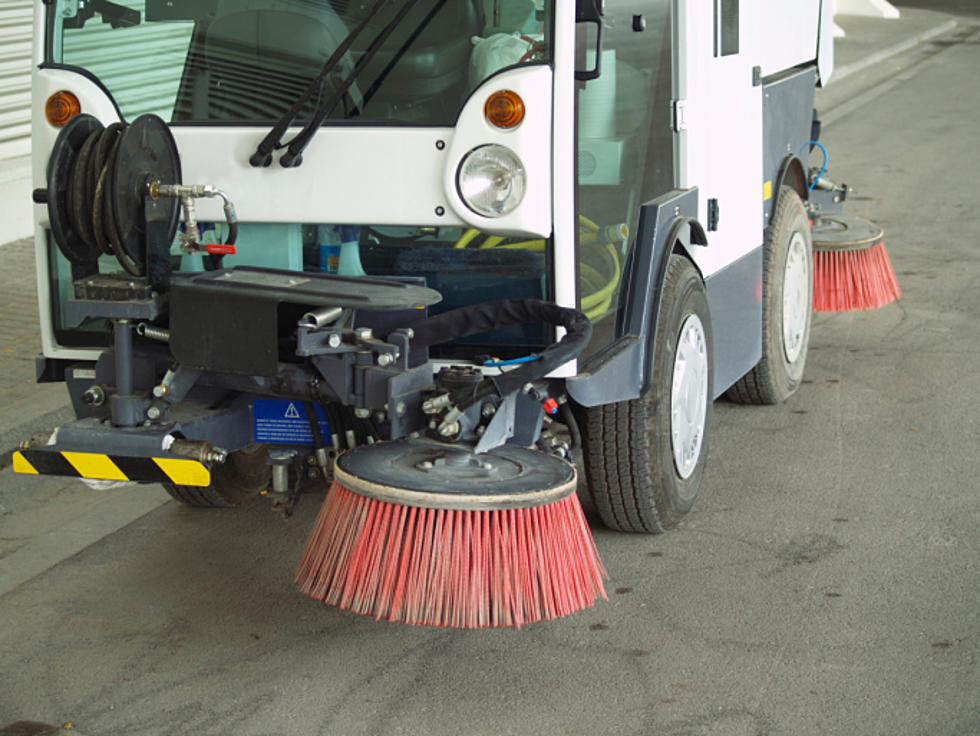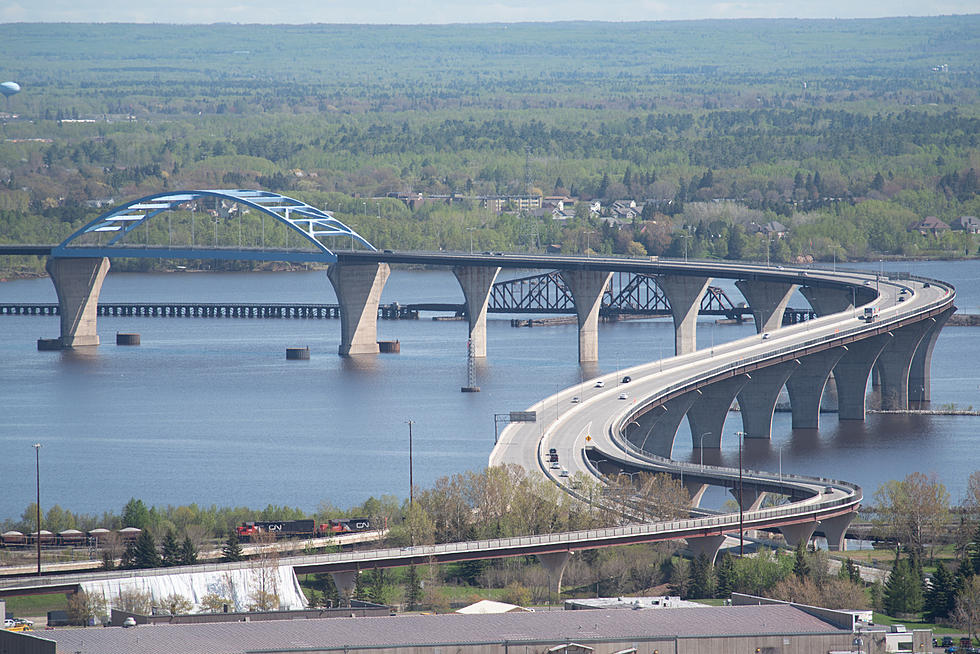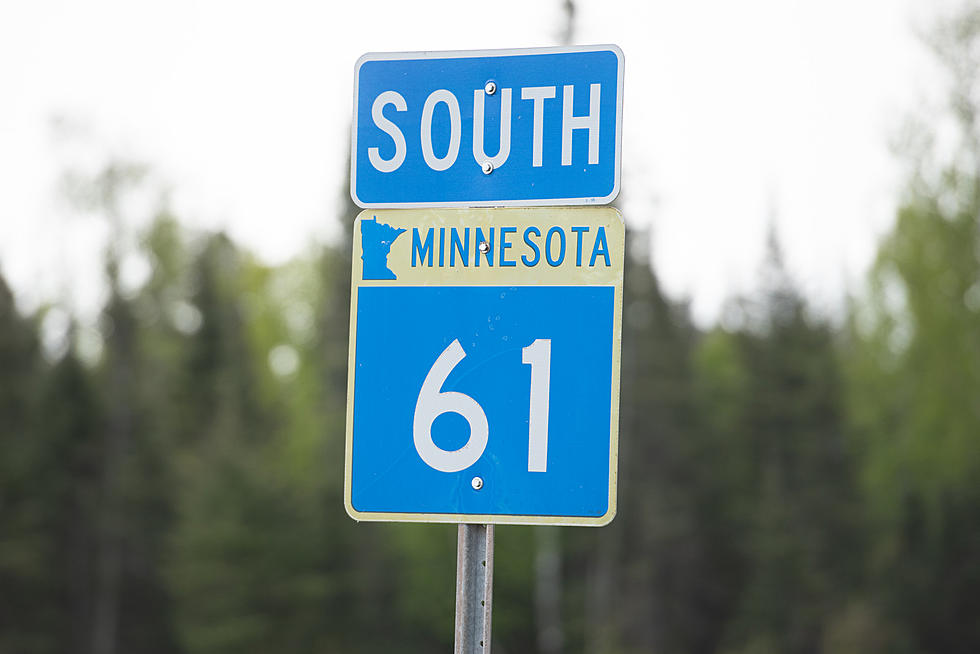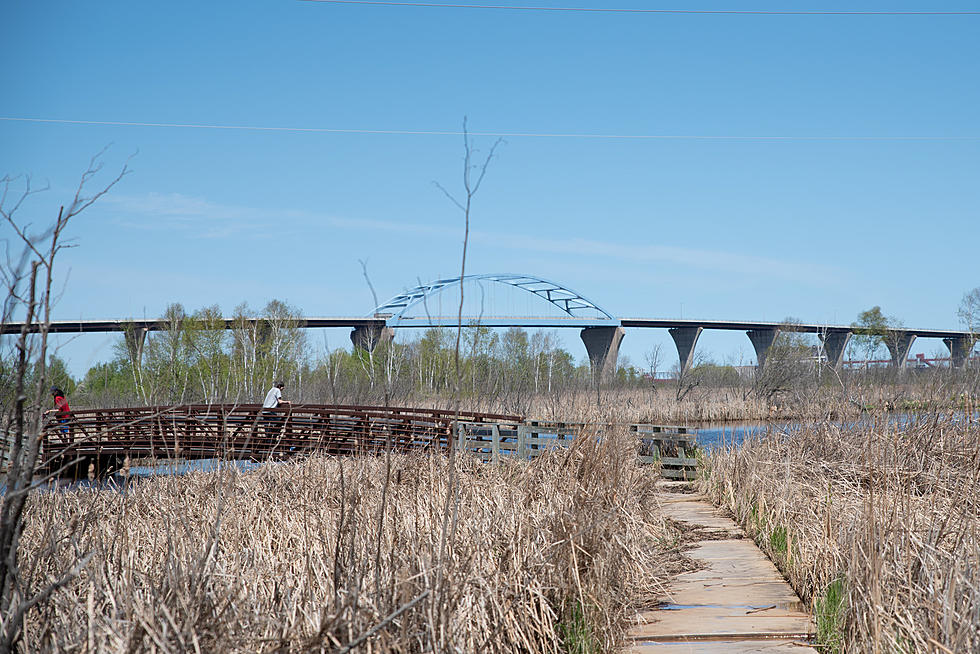
Five Items In The MN Legislative Spotlight For 2019
The 2019 elections are finished (did I hear a resounding sigh of relief?) and now that the swearing-in pageantry is over, lawmakers are getting down to business. From both a local and a national perspective, many eyes will be on St. Paul and the Minnesota Legislature as they becomes the only state lawmaking group evenly-split between both political parties. Add in a newly-elected Governor, and many people will watching to see what exactly gets accomplished.
Many so-called "hot button" issues are scheduled to be acted on during the 2019 session, with outcomes hypothesized by both political parties. One thing is for sure: heated discussion will probably take center-stage over some of the issues up for a vote.
Here are the five front-burner issues expected to be acted upon in 2019 by the Minnesota Legislature:
- Hands-Free Cell Phone Use Ban: While the hazards of cell phone use while driving are well-documented, it's still legal in the State of Minnesota to be on your cell phone (outside of road construction work zones) while driving. There is a push to change that and action - one way or another - is expected this session.
- Gun Control: Nationally this is a divisional issue and you can expect the same results here in the Land of 10,000 Lakes. But, now that the Republicans aren't in total legislative control, Democrats sense an opening.
- Legalized Recreational Marijuana Use: Minnesota's newly-elected Democratic Governor Tim Walz supports legalizing the use of this drug. With many other states making the use of the drug legal, look for a push to do the same in Minnesota.
- Transportation Spending (&) Tax: There's no disagreement that Minnesota's highways and bridges are in need of improvement or replacement; the argument is over how to pay for it. Democrats and Governor Walz support raising the gas tax - a tax that critics say is already higher than other states.
- Healthcare Tax: Since 1992, there has been a 2% tax on health care providers in Minnesota. That's tax is expected to end in December 2019. The problem is that the tax generates around $700 million annually for the state. Look for a sharp debate here.
More From KOOL 101.7


